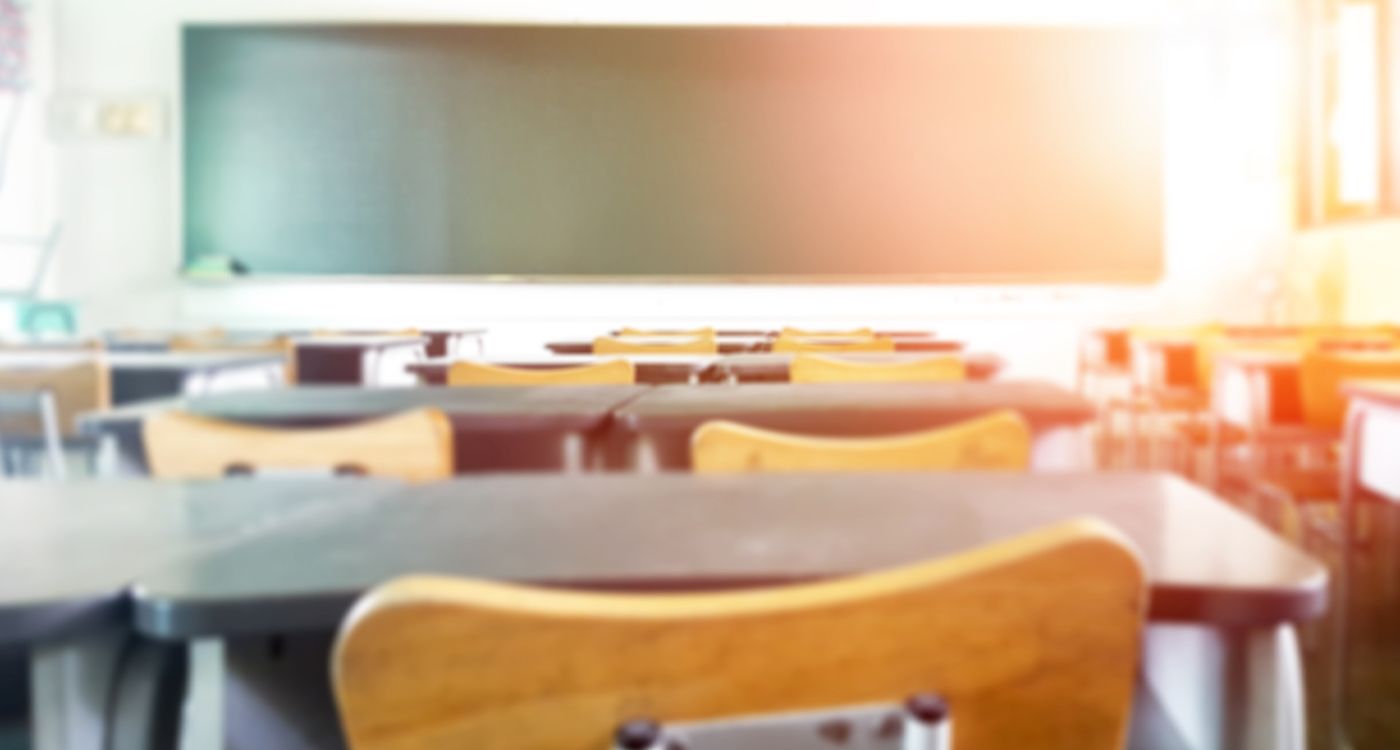
Education in Lebanon is grappling with a multi-dimensional crisis where students face the risk of dropping out, parents are caught between the hammer of displacement and the anvil of remote learning, which adds to their psychological burdens. Meanwhile, schools have turned into battlegrounds, struggling to sustain the educational process amidst escalating security pressures.
Amid the ongoing security escalation in Lebanon, the education sector is experiencing an unprecedented crisis. The worsening security situation in certain areas has forced many students to seek safer environments, resulting in educational displacement.
Lebanon, once a beacon of knowledge and culture, now faces a painful reality threatening the future of its young generations. Many families have been forced to leave their homes, causing significant disruptions in their lives, especially regarding their children’s education. While some families have managed to secure temporary stability in safer areas, educational challenges have emerged as students transition to new schools.
On another front, Education Minister Abbas Halabi is caught in a paradox amidst the current security turmoil. On one hand, there is insistence on delaying the academic year in protest of the injustice faced by students from the South, Bekaa, and the suburbs, who have been displaced from their homes and lost everything due to the war. On the other hand, some schools are calling for reopening as they are located in safe areas unaffected by shelling.
Certain schools advocate for traditional face-to-face instruction, offering solace to anxious parents fearing their children might lose a valuable academic year. Conversely, others have opted for remote learning, further burdening families who must oversee their children's studies, especially given the dire economic circumstances.
This inconsistency has created a noticeable educational gap between students attending in-person classes and their peers studying remotely or forced to drop out altogether. This disparity could yield enduring repercussions on academic performance and future prospects.
In addition to these general challenges, some educational institutions have faced unprecedented attacks by displaced persons. Private and public properties have been breached for shelter. Witnesses recount incidents at renowned schools like Hariri High School II and Lycée Abdel Kader, where displaced persons entered under armed coercion, disrupting the educational process entirely.
Reports detail the theft of school assets and the vandalization of facilities, including critical server rooms, resulting in a disruption in lesson delivery at the onset of the academic year. Parents seeking to retrieve their children's belongings encountered chaos and a lack of organization.
Despite administrative efforts to negotiate the relocation of displaced persons to alternative sites, these efforts have failed due to the absence of effective governmental support.
Education in Lebanon is mired in a multi-dimensional crisis. Students are at risk of dropping out, parents are overwhelmed by displacement and remote learning, and schools are struggling to maintain education amidst security pressures.
What is happening today is an urgent call for all parties to work toward finding comprehensive solutions to ensure the continuity of education. Flexible approaches that combine in-person and remote learning in a balanced manner are crucial. Education is not just a fundamental right; it is Lebanon’s only hope for building a better future, even in the darkest of times.



Comments